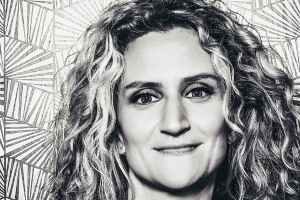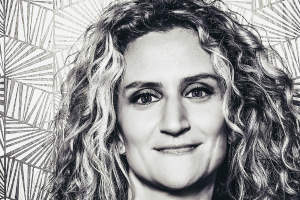I predict a better NHS winter – but no respite for GPs


So 2019 will be the year of tech in general practice. I’m expecting to walk into my surgery where there’ll be no patients because they’ve all been healed on an app, while my outdated and obstructive NHS IT system will soon be a distant memory. Or maybe not.
While our health secretary is positively evangelical about transforming NHS technology it is unlikely we will feel the effects in general practice any time soon. I fully expect that EMIS Web will still panic every time I try to open my voice dictation system and freeze when I have the audacity to cancel an EPS prescription. The new paperless referrals are proving ineffectual as you can’t contact a human or request the service a patient needs. And GPs-on-apps will just syphon off well patients leaving us to look after the vulnerable with less funding.
All CCGs will have the freedom to buy whatever they need, according to Matt Hancock. But I just want my patients to be able to access the basic services they once could – IAPT, a convenient local podiatrist and a decent frailty service that offers solutions not just tick-box counting.
On the plus side, 2019 will be the year where we can finally say, ‘that wasn’t such a terrible NHS winter’. The super-charged flu vaccine (supply problems aside) protects our most vulnerable and fast bedside swabs for flu allow more same-day discharges from hospital, reducing unnecessary admissions and bed closures. Added to this, we have millions of extra GP appointments including wider use of hubs and extended hours, and the roll-out of ‘see and treat’ reducing ambulance transfers into hospitals.
Rescheduling of cannabis-derived drugs has been read wrongly as a first step to legalising recreational use and universal prescriptions
On the downside, GPs will be inundated with requests for cannabis as the confusion about prescribing cannabis-derived medicines continues, fuelled by a powerful commercial lobby and much misinformation in the media. Not even an hour after the health secretary announced the lifting of restrictions, I was being asked for a prescription in surgery. The rescheduling of specific drugs derived from cannabis has been read wrongly by many as the first step to legalising recreational use and universal prescriptions.
Thankfully as 2018 ended the RCGP published their interim guidance on the use of medicinal cannabis, equipping GPs with the resources and knowledge hopefully to deal with the requests which will clearly only increase in 2019. All cannabis-derived products will be prescribed on a named-patient basis like any ‘special’, and only where there is deemed to be an unmet need. The decision to prescribe is restricted to clinicians on the specialist register – so even if a patient meets the clinical indications the decision is out of GP hands. But of course, as the RCGP have now acknowledged, we will be the first point of contact for initial requests both reasonable and not. Patients have been unfairly and unwittingly made to believe prescribing is going to be abundant – I expect we will be spending a lot of time declining those requests in the coming year.
Dr Ellie Cannon is a portfolio NHS GP in London and broadcast media doctor
Pulse October survey
Take our July 2025 survey to potentially win £1.000 worth of tokens

Visit Pulse Reference for details on 140 symptoms, including easily searchable symptoms and categories, offering you a free platform to check symptoms and receive potential diagnoses during consultations.









